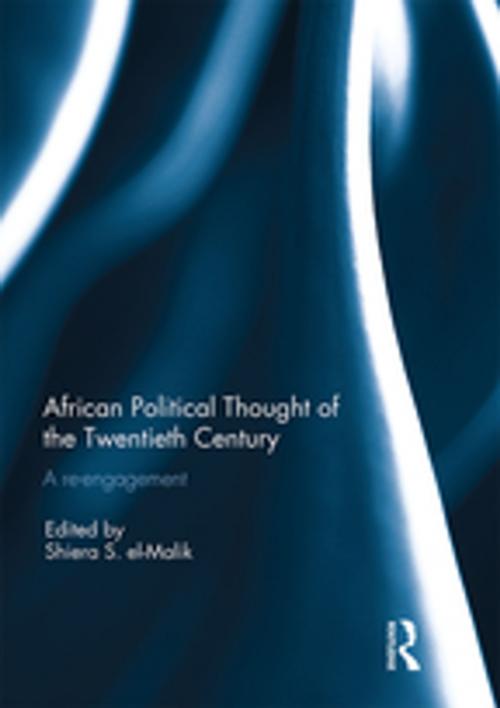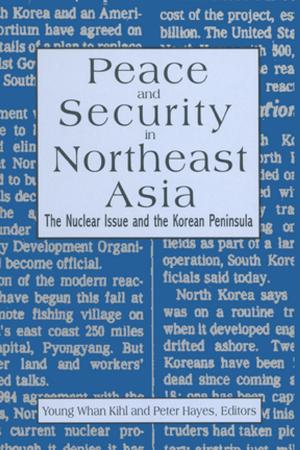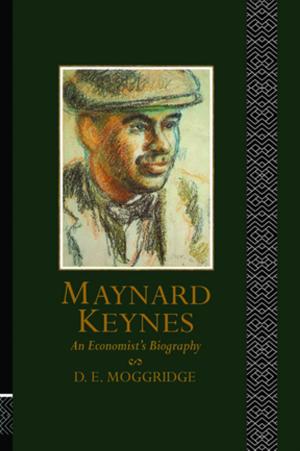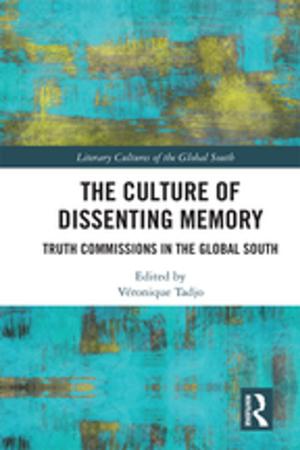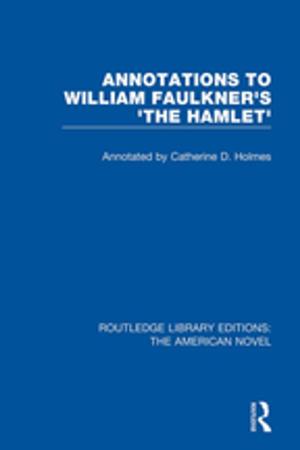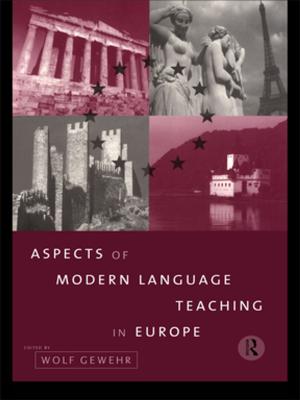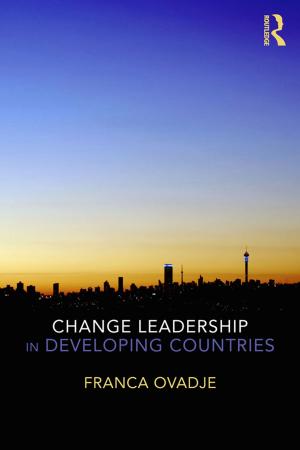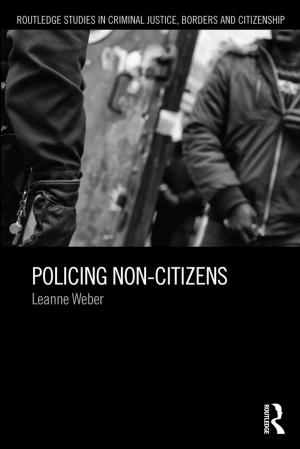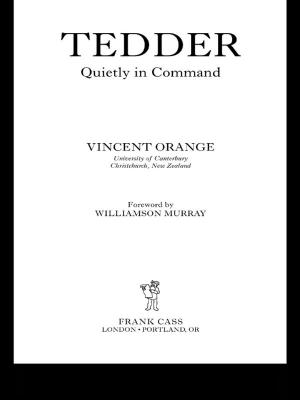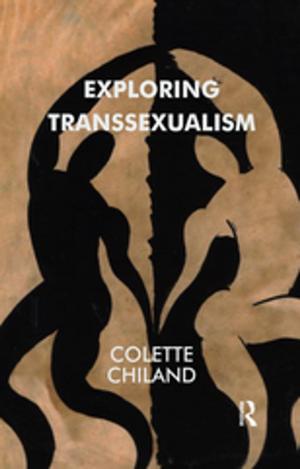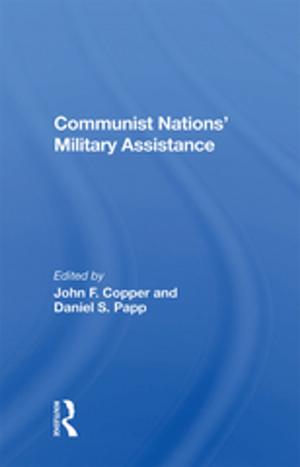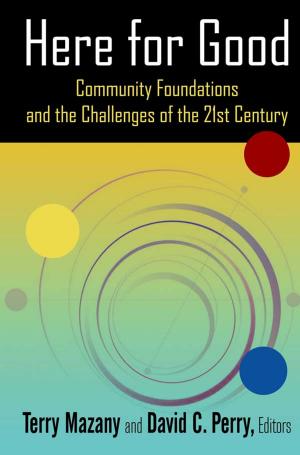African Political Thought of the Twentieth Century
A Re-engagement
Nonfiction, Social & Cultural Studies, Political Science, International| Author: | ISBN: | 9781317230281 | |
| Publisher: | Taylor and Francis | Publication: | February 6, 2018 |
| Imprint: | Routledge | Language: | English |
| Author: | |
| ISBN: | 9781317230281 |
| Publisher: | Taylor and Francis |
| Publication: | February 6, 2018 |
| Imprint: | Routledge |
| Language: | English |
This book focuses on African political thought, as it emerged in the context of and contributed to fundamental changes in world order during the twentieth century, and as it continues to speak to the present global condition. The six chapters form a set of close readings of 20th century African political theorists insofar as their work forms part of a conversation that Africa had with itself and with the rest of the world regarding freedom, independence, emancipation and statehood, as well as forming part of the larger global conversations within which these theorists can be situated. The essays analyse the ideas and practices of a number of prominent figures including Frantz Fanon, Leopold Senghor, Amílcar Cabral, Agostinho Neto, Julius Nyerere, Gabriel d’Arboussier, Sembene Ousmane.
This collection is unusual in its breadth, bringing together analyses of radical thinkers and activists from the Portuguese-, French- and English-speaking regions of Africa. It includes chapters from prominent senior figures in the field, as well as contributions from younger scholars. The editor includes a short introduction which frames the collection and situates its contribution to broader debates and fields of enquiry. This book was originally published as a special issue of African Identities.
This book focuses on African political thought, as it emerged in the context of and contributed to fundamental changes in world order during the twentieth century, and as it continues to speak to the present global condition. The six chapters form a set of close readings of 20th century African political theorists insofar as their work forms part of a conversation that Africa had with itself and with the rest of the world regarding freedom, independence, emancipation and statehood, as well as forming part of the larger global conversations within which these theorists can be situated. The essays analyse the ideas and practices of a number of prominent figures including Frantz Fanon, Leopold Senghor, Amílcar Cabral, Agostinho Neto, Julius Nyerere, Gabriel d’Arboussier, Sembene Ousmane.
This collection is unusual in its breadth, bringing together analyses of radical thinkers and activists from the Portuguese-, French- and English-speaking regions of Africa. It includes chapters from prominent senior figures in the field, as well as contributions from younger scholars. The editor includes a short introduction which frames the collection and situates its contribution to broader debates and fields of enquiry. This book was originally published as a special issue of African Identities.
